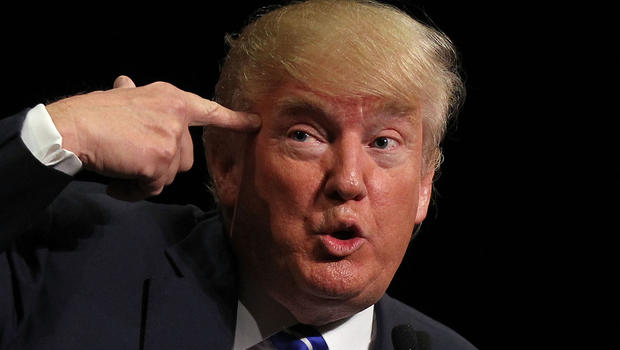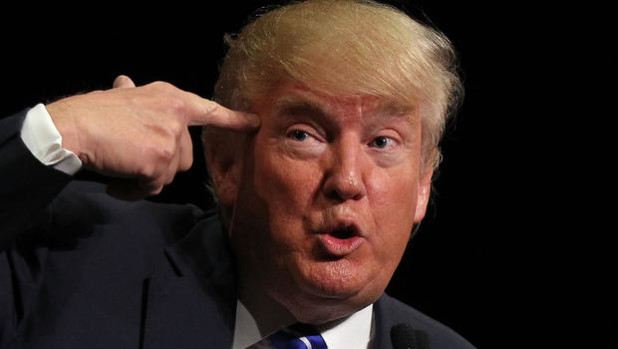Andrew Anglin
Daily Stormer
March 18, 2016
It is all getting more insane by the hour.
The Washington Post has just published a piece by Derek T. Muller demanding that democracy be abolished – temporarily, of course – to stop Trump from being President after he is elected by the people.
Seriously, look.
If they choose, state legislators can appoint presidential electors themselves this November, rather than leaving the matter of apportioning electoral college votes by popular vote. Then, via their chosen electors, legislatures could elect any presidential candidate they prefer.
Remember, Americans don’t directly elect the president. The electoral college does: Slates of electors pledged to support presidential and vice presidential candidates are voted upon in each state every four years. Each state, and the District of Columbia, is apportioned at least three of the 538 electors, allocated by the total number of U.S. senators and House members each state has.
In December, these electors will gather in their respective states and cast votes for president and vice president. And in January, Congress counts these votes, determines if a candidate has achieved a majority — at least 270 votes — and then certifies a winner.
We take it for granted that the individual votes we cast will be the ones that select the slate of presidential electors in our state. But the Constitution makes no such guarantee. In fact, it says the states appoint electors “in such Manner as the Legislature thereof may direct.”
Some of the Founders worried that rash decision-making by the collective body politic would be “radically vicious” or “liable to deceptions” if they directly elected the president, for the people would lack the “capacity to judge” candidates. While members of the House of Representatives would be accountable directly to the people, presidential elections would occur indirectly. Electors, not the people, would elect the president. And state legislatures could decide how. (Most states now have laws binding electors to vote for the candidate who wins their state’s popular vote — but many states don’t.)
In the earliest presidential elections, many states did not have popular elections for electors. Their legislatures simply chose electors. Over time, states gradually moved toward the popular elections we now take for granted.
But state legislatures have occasionally retained the power for themselves. In 1876, for instance, the new state of Colorado opted not to hold a popular election for electors, with the legislature claiming publicly that it lacked sufficient time to organize an election. It’s more likely that Republican legislators worried that the people would vote for three Democratic electors and move to end Reconstruction in a closely contested election. The state legislature chose to retain the power to choose electors for itself — just that one time.
And state legislatures have modified the rules for the selection of presidential electors when they worry that the people of the state will vote for a disfavored candidate. In 1892, for instance, Democrats gained control of the Michigan legislature. They decided that presidential electors should be appointed according to popular vote totals in each congressional district, as opposed to the statewide winner-take-all system that had previously existed. Michiganders had consistently voted for a slate of Republican electors in the recent past, and the move to elections by district guaranteed that Democrats would win at least a few of electoral votes.
In McPherson v. Blacker, the Supreme Court approved Michigan’s move and found that the mode of appointing electors was “exclusively” reserved to the states. The court would not interfere with the state legislature’s decision, whatever the reason.
State legislatures should consider whether to retake this authority in the 2016 election in an effort to stop Trump. Republicans control 31 state legislatures. Many could consider this proposal, but the Texas state legislature is a natural place to start. It could easily pass a law returning power to the legislature. On Election Day, the legislature could decide whether to vote for Trump or Mitt Romney, the prior Republican nominee; former Texas governor Rick Perry, who dropped out of the 2016 race early on; a popular GOP figure such as Condoleezza Rice, whose name has recently been floated as an alternative; or their own junior Sen. Ted Cruz, presently trailing Trump in the Republican Party delegate count.
There you have it.
Abolish democracy.
Just this once.
Because this Donald is pure hatred.

